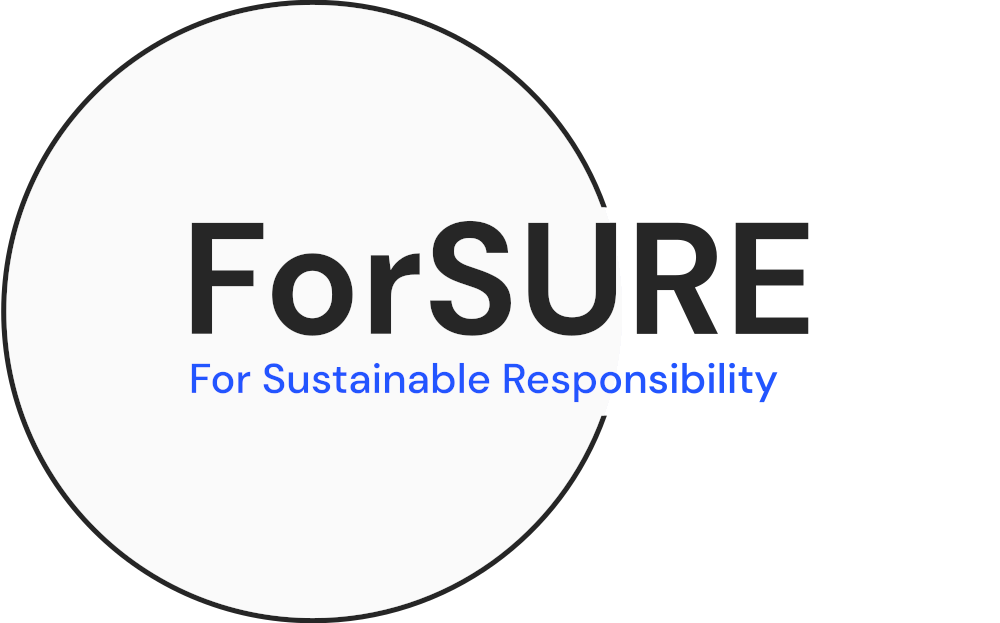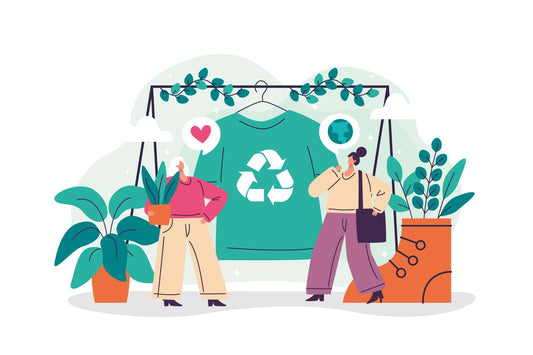
Textile Waste Management in the Netherlands
June 06, 2023 Niclas BrinkmannTable of Contents
There's a revolution afoot in the realm of waste management, and it's going to have a profound impact on the way we view and handle our textiles. The revolution goes by the name of Extended Producer Responsibility (EPR), a rather fancy way of saying that producers and importers now have to take care of their products from cradle to grave, waste included. The Netherlands is the latest country to join this forward-thinking movement, with the introduction of EPR regulations for textiles slated to kick off from 1st July 2023.
A Fresh Twist in the Tale of Textile Waste
In the past, the Netherlands didn't impose any particular obligations tied to textile EPR. The chore of managing used textiles was left to the local municipalities. But with the new rules, the game is changing. Producers will now have to roll up their sleeves and get involved in the collecting, recycling, reusing, and discarding of their products. And that's not all - they will also have to bear the costs of managing the entire process. This shift is expected to light a fire under the textile industry, nudging it towards embracing the principles of the circular
economy.
Who's in the Hot Seat?
The new legislation isn't playing favorites - it's set to affect a broad range of players in the textile industry. From homegrown label owners and Dutch (online) retailers who sell clothing under their own brand, to importers of clothing and textiles, and even online retailers based outside the Netherlands but supplying Dutch consumers - they're all going to feel the heat of the new EPR regulations. However, Dutch second-hand shops and companies supplying raw materials for production have been given a pass for now.
Marching Towards a Greener Tomorrow
The new regulations aren't just about laying down the law; they're also about painting a vision for the future. The government has set its sights on recycling 50% of textiles released on the Dutch market by 2025, and they're not stopping there - the aim is to bump it up to 75% by 2030. Compared to the current recycling rate of 35% for textiles, these targets showcase the Dutch government's resolve to protect the environment and move towards a more sustainable economy.
The Clock is Ticking Towards 1st July 2023
The introduction of the new EPR regulations marks a significant milestone in the Dutch journey towards improved waste management. The countdown is on, as these rules are set to come into effect on 1st July 2023. The Ministry of Infrastructure and Water Management has confirmed the implementation of these regulations, which means the new rules are no longer just proposed, but are ready to be put into action. As we move closer to this date, the industry is preparing to adapt to this change. It's a step forward that we're all excited to take.
As the Netherlands gets ready to step into this brave new world of EPR regulations for textiles, it's a clear signal of their commitment to keeping our planet clean and green. Simultaneously, ForSURE is also poised for change, and is ready to adapt, further demonstrating the growing global momentum towards environmental responsibility. While the road ahead may have its fair share of bumps and turns, the potential for a healthier environment makes it a trip worth taking. As the Dutch are fond of saying, "A handful of patience is worth more than a bag full of sense." The patience to put these regulations into practice and to adapt to innovative software like ForSURE could lead to a more sustainable future for all of us.
As we wait for these changes to take shape, it's clear that the world is watching the Netherlands closely. Other countries may follow in their footsteps, sparking a global shift towards more sustainable practices in the textile industry. Time will tell, but one thing's for sure - the winds of change are definitely stirring.



